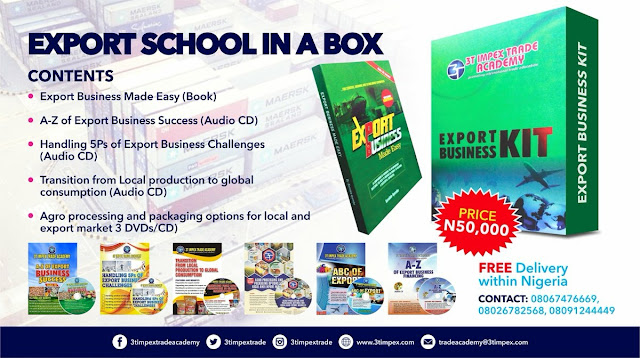The recent development in Ghana in the past few months regarding the treatment of Nigerian Businesses with over 400 traders' shops already locked and the silence with which both the African leaders in ECOWAS and AU have greeted the situation which threatened the AfCFTA, has made observers to begin to wonder if our leaders in Africa are really serious at all about moving continent forward.
The precarious situation of Africa and Africans where millions of people are living in abject poverty despite the aids from different parts of the world have made the continent to be described as the world single largest liability and it appears that the leader are very much comfortable with that not in their words but in its deeds. They meet regularly at different summits to give speeches upon speeches about the potential and growth of Africa but most of them seem not to be ready to walk the talk by their disposition towards intra African trade.
In July 27, 2018, The Ministry of Trade and Industry in Ghana issued a public notice and quoting a law that prohibits non Ghanaian residence and businesses not wholly owned by Ghanaian to stop all their business activities in every market place in Ghana. In pursuant to the implementation of this law, Nigerian Businesses (who are SMEs) are expected to have hundreds of thousands of US Dollars as a minimum foreign investment capital in Ghana. This is in clear violation of the ECOWAS treaty on the Right of Establishment as enshrined in the 1990 Supplementary Protocol on the implementation of the Third Phase of the ECOWAS Protocol on Free Movement of Persons, Goods and Services. This protocol allow citizens of member states to settle or establish in ECOWAS states and carry out business activities under the same conditions that apply to citizens of the host state. The goal of this is to achieve the overall objectives of the ECOWAS Treaty, which is to increase economic activities in the region in pursuit of regional prosperity. This has been flagrantly being violated and the Nigerian Government cum ECOWAS has not been able to stop it.
If we gather together to form a free trade area through the African Continental Free Trade Agreement (AfCFTA), and Ghana is bidding for the headquarters while at the same time refusing to honour the treaty they have signed under ECOWAS and no one is calling the Ghanaian President to order, how are we going to then ensure that the agreement being signed under the AfCFTA will be respected?
The fact that the chairman of ECOWAS which happened to be President of the Nigerians that are being victimised has not come out to strongly condemn the act and even visit or send delegations to Ghana to see things for himself since this issue has started is a source of major concern and it shows how powerless ECOWAS is as an institutions. The fact that the president of AU, Paul Kigame of Rwanda has not come out to strongly condemn this act and also send delegations to investigate the matter shows that he is either not concerned or not seeing the implication of this on the AfCFTA that he is championing.
The fact is that Ghanaian authorities would have given some reasons for their actions but why is Nigerian companies the ones that are mainly affected. While is such regulations not affecting other nationals in Ghana? While I will not support the fact that Nigerians in Ghana should be allowed to break the laws of their country of residence, I think the same yardsticks should be used for other Nationals.
Finally, I will like to call on the government rise up to the occasion and use every possible diplomatic means to salvage the business of its citizens in Ghana especially at this time that the Nigerian President is the Chairman of ECOWAS. It is a big slap on our face to be treated this way despite the fact that our president is the Chairman of ECOWAS. It is in the interest of the president to ensure that this issue is resolved as soon as possible because it is an opportunity for this government to show Nigerian at home and in diaspora that it is a responsive and responsible government that love and protect its citizens wherever they are in the world.
Bamidele Ayemibo
bayemibo@3timpex.com








